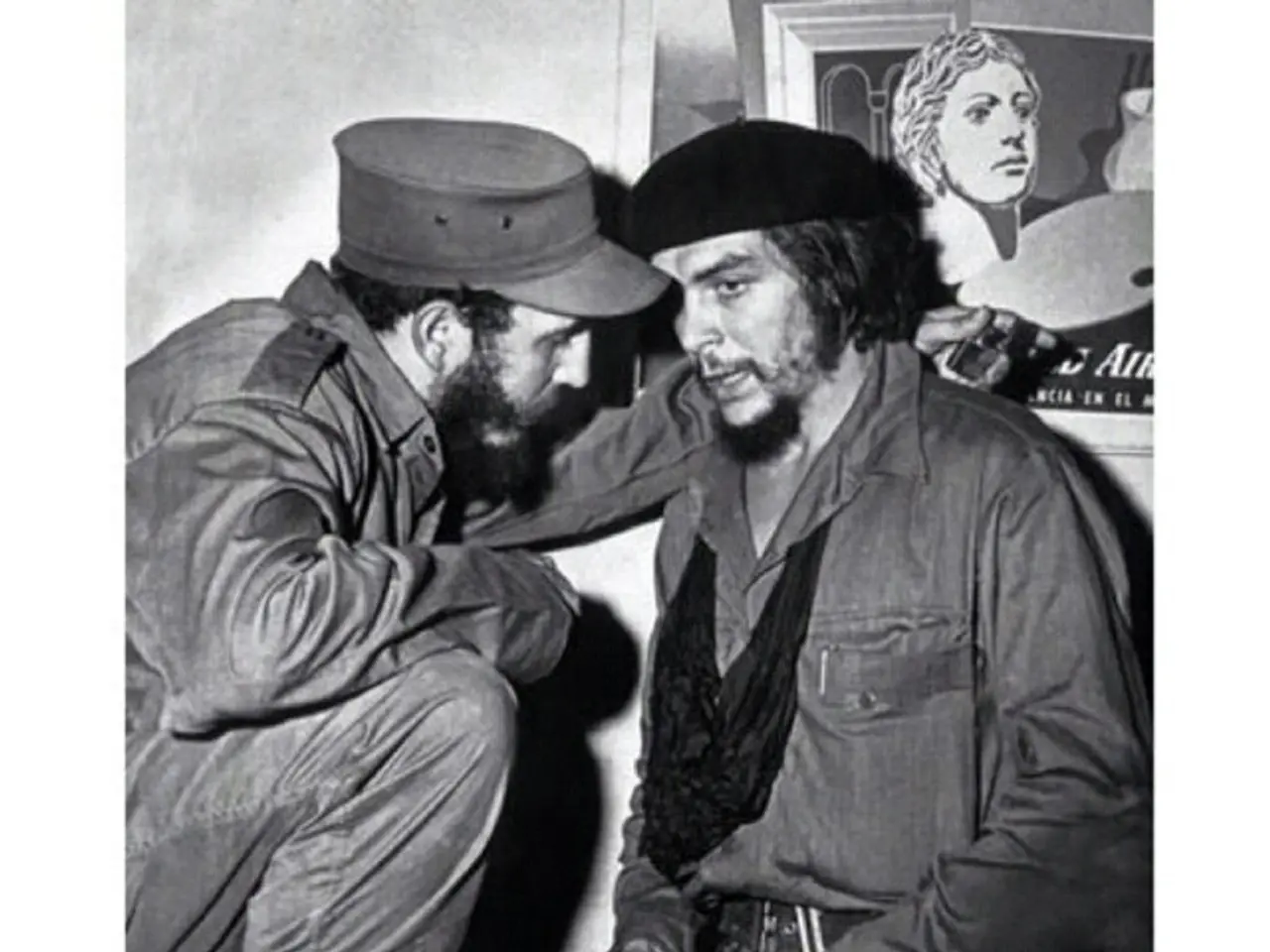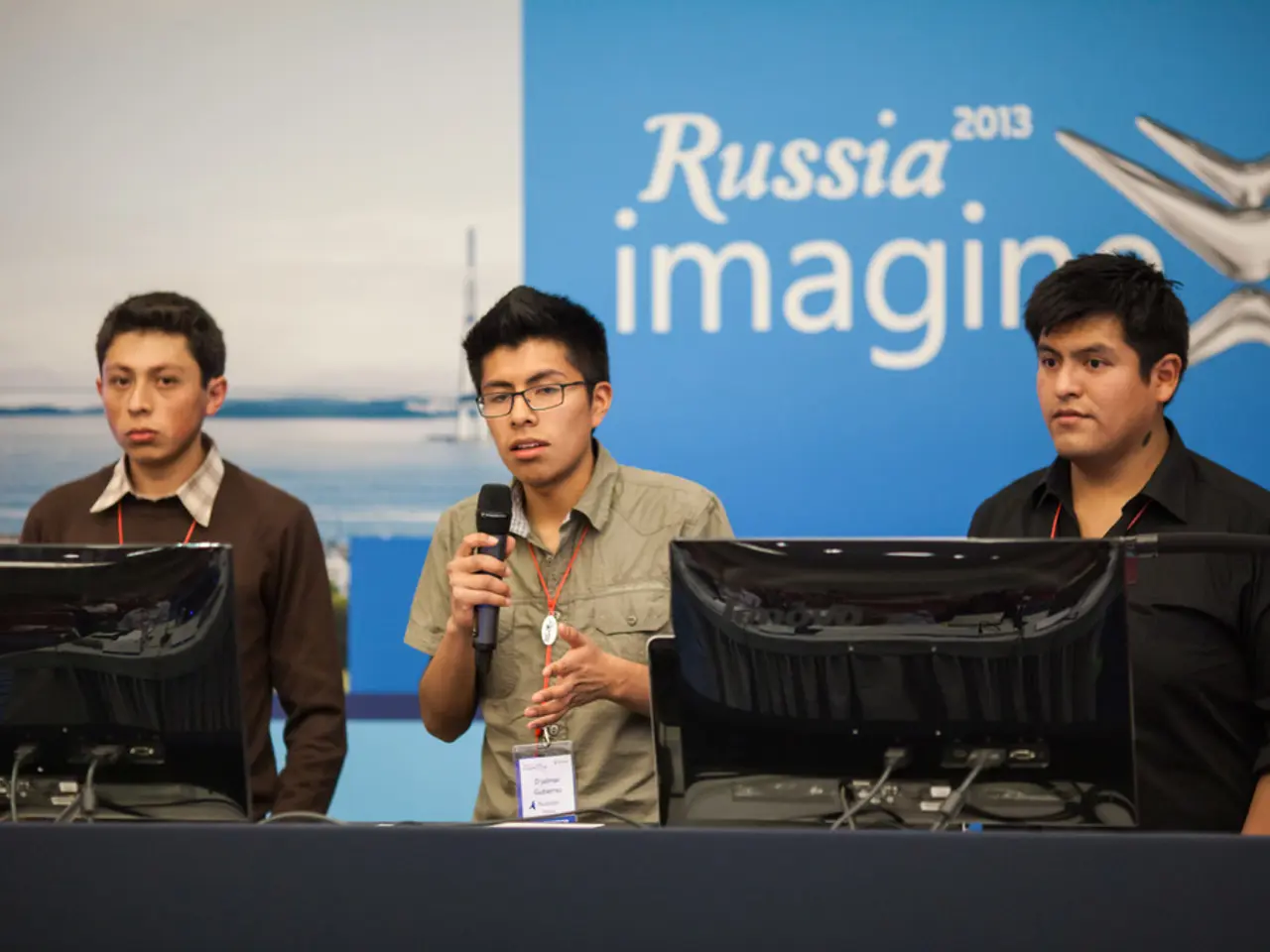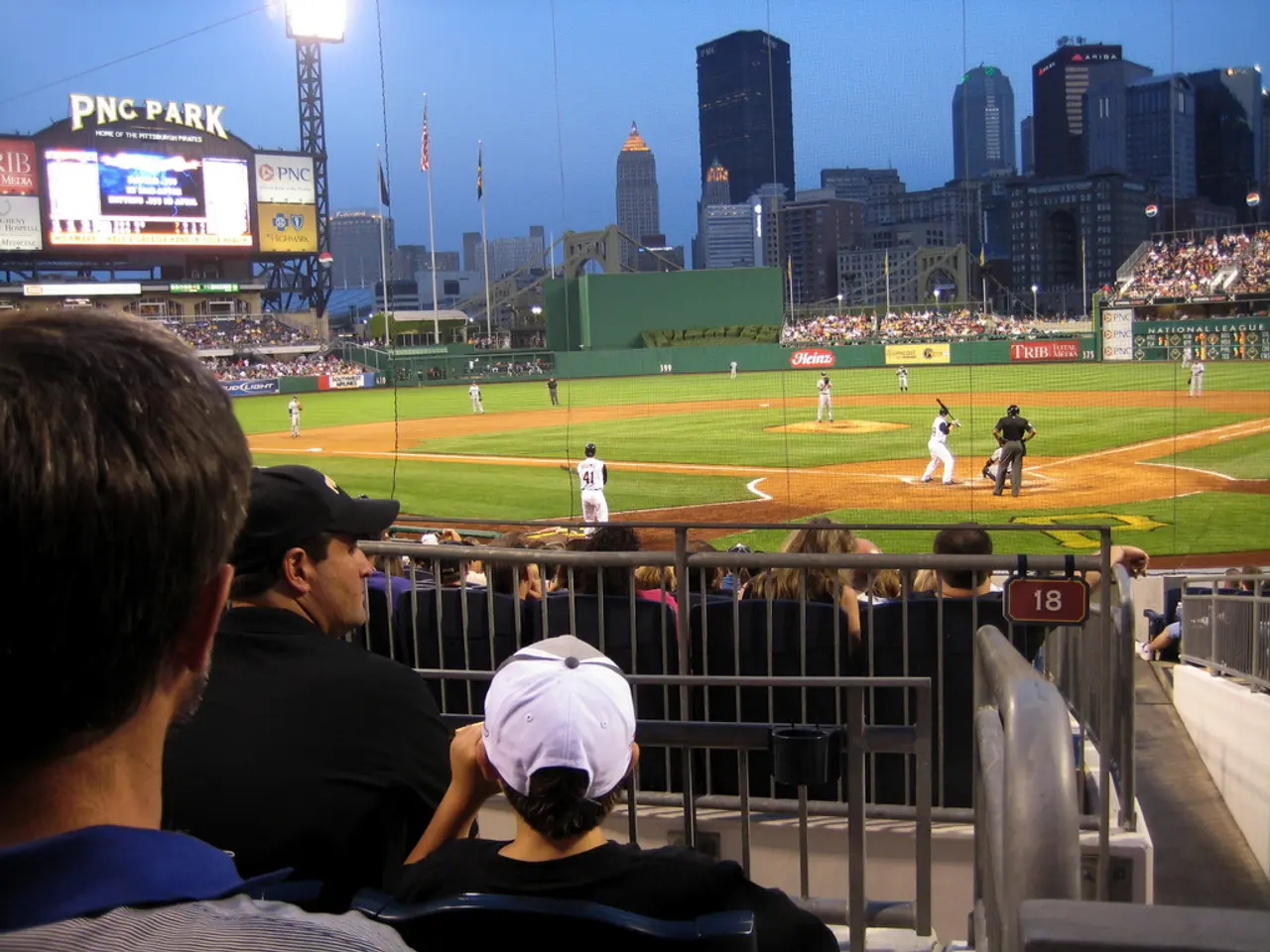Tension in Bilateral Relations: Berlin and Moscow face Strained Diplomacy.
The Heat Between Berlin and Moscow Over Journalists' Treatment
The chill in relations between Germany and Russia, evident in the repeated summoning of the German ambassador to the Russian Ministry of Foreign Affairs, reaches new heights in a battle over how to handle journalists. Ambassador Alexander Graf Lambsdorff made an unwelcome, twice-repeated journey under less-than-ideal circumstances. The meetings didn't seem to deliver much groundbreaking news for the German journalists threatened with expulsion from Russia.
Following the meetings, the German embassy announced that Foreign Ministry spokeswoman Maria Sacharowa shared her views on residence-related procedures affecting Russian journalists in Germany. The ambassador acknowledged these explanations but also voiced concerns about the difficulties faced by German journalists in Russia. He submitted a list of instances where Russian authorities have acted in ways that contradict the general understanding of press freedom.
Underlying this dispute is a disagreement over the treatment of correspondents of Russian state media in Germany. Specifically, this case revolves around a representative of a Kremlin-linked media holding, on the EU sanctions list, whose residence permit has expired. The Berlin State Office for Immigration refuses to extend it. Reports suggest he will be leaving Germany in the second half of August. His family's passes have also been confiscated, confirming a spokesperson for the authority upon request. The man himself complained about a house search in Russian media.
The day prior, spokeswoman Sacharowa declared that Germany was failing to fulfill its obligations to protect press freedom and freedom of opinion. She spoke of bureaucratic arbitrariness that even targeted the families of journalists. Sacharowa announced plans for countermeasures, having previously threatened penalties against German journalists at the St. Peterburg International Economic Forum a week prior. Potential candidates for the penalties were German journalists based in Moscow.
Strangely enough, the planned communication of these steps did not seem to happen during Lambsdorff's initial visit. Instead, he left the Ministry of Foreign Affairs building after ten minutes to find an interpreter. Sacharowa jestingly commented that the ambassador apparently did not understand Russian.
Lambsdorff has served as ambassador in Moscow since 2023 and speaks Russian but not fluently enough for diplomatic negotiations, as a recent visit by Ukrainian President Volodymyr Zelensky to the White House demonstrated. However, he claimed the meeting would be held in English.
After the arrival of the embassy's interpreter, the meeting lasted more than two hours. According to Russian media, Lambsdorff departed discussing conditions for correspondents' work, yet he didn't share any specific details.
The German Foreign Office in Berlin dismissed Russia's allegations regarding the handling of correspondents from Russian state media by German authorities. The Foreign Office emphasized that Germany upholds the principles of the rule of law and press freedom, as reiterated by the German ambassador during his meeting with the Russian Ministry of Foreign Affairs.
While the concrete steps threatened by Sacharowa were not communicated during the meeting, the potential expulsion of one or more German journalists looms as a real possibility. There have been precedents in the past.
For instance, in late 2024, two ARD employees had to leave Russia after their residence permits were not renewed. Moscow claimed the broadcaster had been shut down, but the German Foreign Ministry denied this allegation. The Russians were not expelled, but their residence permits had expired and could have been appealed, the ministry argued.
The current situation marks a significant deterioration in media freedoms for Russian journalists in Germany and constitutes a risk for German media personnel in Russia, amidst a backdrop of escalating diplomatic antagonism related to the ongoing war in Ukraine.
- The ongoing heated discussions between Germany and Russia, initially sparked by the treatment of journalists, has expanded to include wider topics such as politics and general news, as both sides voice their concerns about press freedom and the handling of correspondents.
- The disagreement over the treatment of journalists, shrouded by politics and escalating diplomatic tension, is not only limited to war-and-conflicts news but also affects general news reporting, with potential consequences for media personnel on either side.






